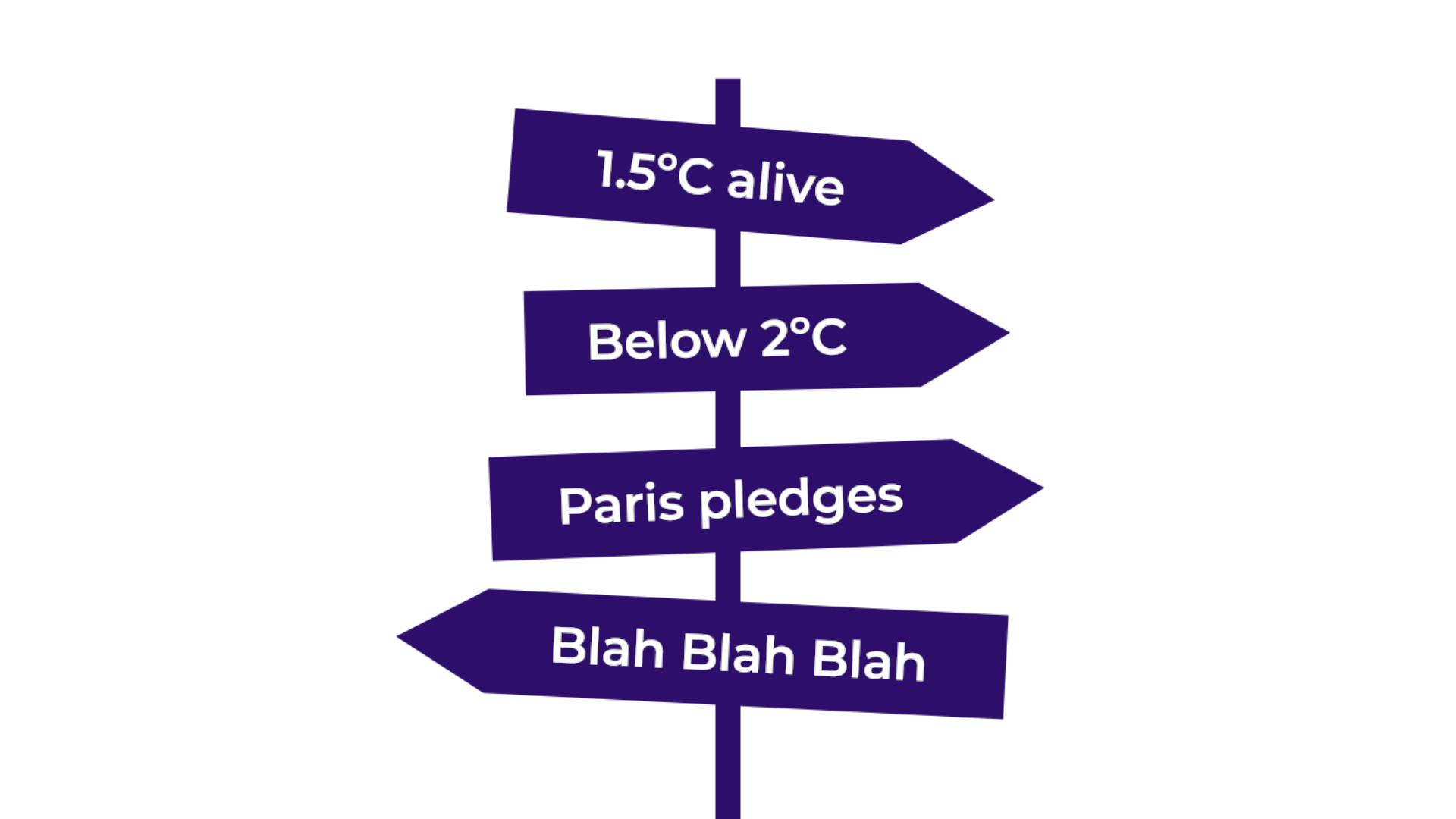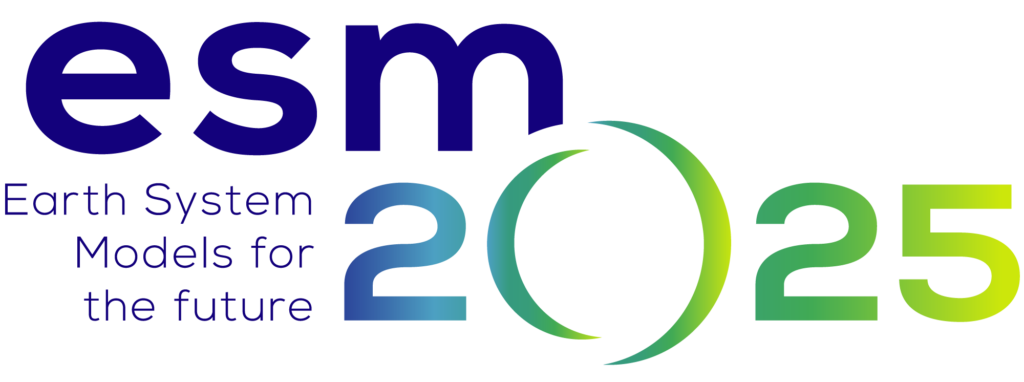Key messages

For Decision and Policymakers
ESM2025 is building the next generation of Earth System Models and Integrated Assessment Models tailored to inform mitigation strategies in support of achieving the goals of the Paris Agreement.

1.
ESM2025 models will provide tools to project future climate change and its impacts more accurately and integrated models to identify robust responses, contributing to the evidence base for important assessments by the IPCC, IPBES, and UNEP.
2.
ESM2025 models will deliver more reliable estimates of allowable carbon and methane emissions to stay below different global warming levels.
3.
The new models will provide more reliable information on the impact of different CO2-based and non-CO2-based mitigation strategies and their co benefits for air quality and food security.
4.
The new models will provide a more comprehensive understanding of the risk of major tipping points and complex climate hazards such as ice sheet and permafrost thaw, forest loss, and wildfires.
5.
ESM2025 is enhancing the representation of land-use and land-based mitigation strategies in Earth System and Integrated Assessment Models, improving the tools for climate projections and analysis related to these topics.
6.
ESM2025 will provide a suite of tools, models and diagnostics openly available to the global research community.
7.
ESM2025 develops innovative climate education for European students and citizens, providing pedagogical resources and professional development for teachers across Europe.
ESM2025 will foster a science-policy knowledge exchange to inform the implementation of the Paris Agreement and contribute to the advancement of European leadership in climate science.
PROJECT STRUCTURE
The structure of the project has been designed logically, from fundamental research (component development, process parameterisation, couplings) to interactions with the integrated assessment modeling community, and to outreach and knowledge exchange. Project activities are divided into 4 main work areas (Core Themes – CTs) ranging from scientific activities (CT1, CT2, CT3) to knowledge exchange and outreach (CT4).

